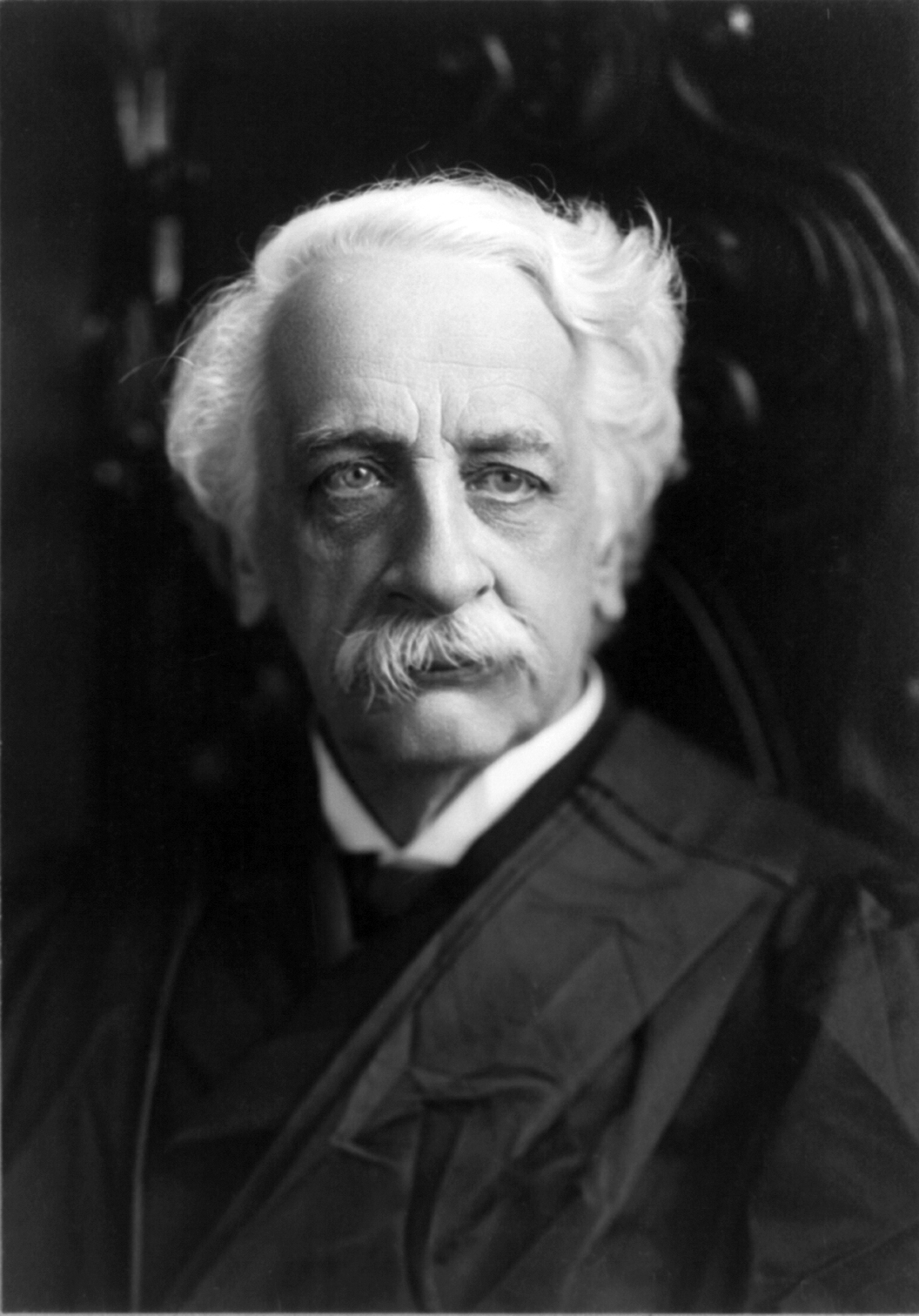Lochner v. New York
 ''Lochner v. New York'', 198 U.S. 45 (1905), was a landmark decision of the U.S. Supreme Court holding that a New York State statute that prescribed maximum working hours for bakers violated the bakers' right to freedom of contract under the Fourteenth Amendment to the U.S. Constitution. The decision has since been effectively overturned.
''Lochner v. New York'', 198 U.S. 45 (1905), was a landmark decision of the U.S. Supreme Court holding that a New York State statute that prescribed maximum working hours for bakers violated the bakers' right to freedom of contract under the Fourteenth Amendment to the U.S. Constitution. The decision has since been effectively overturned.The case began in 1899 when Joseph Lochner, a German immigrant who owned a bakery in Utica, New York, was charged with violating New York's Bakeshop Act of 1895. The Bakeshop Act had made it a crime for New York bakeries to employ bakers for more than 10 hours per day or 60 hours per week. He was convicted and ultimately appealed to the U.S. Supreme Court. A five-justice majority of the Supreme Court held that the law violated the Due Process Clause, stating that the law constituted an "unreasonable, unnecessary and arbitrary interference with the right and liberty of the individual to contract". Four dissenting justices rejected that view, and the dissent of Oliver Wendell Holmes Jr., in particular, became one of the most famous opinions in U.S. history.
''Lochner'' is one of the most controversial decisions in the Supreme Court's history and gave the name to what is known as the ''Lochner'' era. During that time, the Supreme Court issued several decisions invalidating federal and state statutes that sought to regulate working conditions during the Progressive Era and the Great Depression. The period ended with ''West Coast Hotel Co. v. Parrish'' (1937), in which the Supreme Court upheld the constitutionality of minimum wage legislation enacted by Washington State. Provided by Wikipedia
-
1